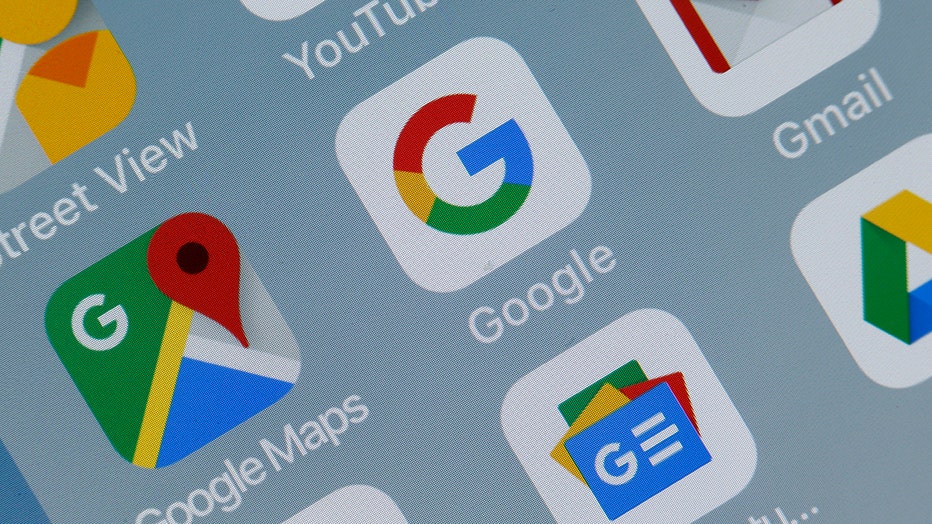Florida to get $26 million in historic, multi-state location data settlement against Google
TAMPA, Fla. - Florida Attorney General Ashley Moody is among 40 state attorneys general to make history by winning one of the largest internet privacy settlements ever in the U.S.
Google has now agreed to fork over nearly $400 million as part of the settlement for tracking and storing data about users' locations without the user knowing.
The states have been investigating the company's location tracking practices for the last few years.
"This has been an unfortunate practice for several years, and it's nice to see that the regulatory bodies have caught up," said Florida Tech Cybersecurity Program Chair TJ O'Connor.
According to Moody, Google misled users, who thought they turned off location tracking either through app settings or an opt-out screen. However, the company was still tracking that data elsewhere.

In this photo illustration, the logos of the applications, Google Maps, Google and Gmail are displayed on the screen of a tablet on October 23, 2018 (Photo Illustration by Chesnot/Getty Images)
"They make their interface in such a way to confuse the consumer about how their privacy is protected. On the main application screen they may be able to opt-in something to disable privacy tracking, however there's a broad ecosystem of Google application," O'Connor said.
As O'Connor explains, disabling location tracking in one section of settings did not necessarily stop location tracking everywhere, like in Maps or Gmail.
"Not having an understanding that that information is being tracked or not having the ability to really opt-out of it clearly has implications," O'Connor said.
As part of the agreement, Google will pay $391.5 million to the 40 states named in the settlement, including Florida which will get $26 million.
In blog post Monday, a spokesperson for Google alleges the settlement was based on outdated policies the company changed years ago.
"We will be making updates in the coming months to provide even greater controls and transparency over location data," a spokesperson said.


